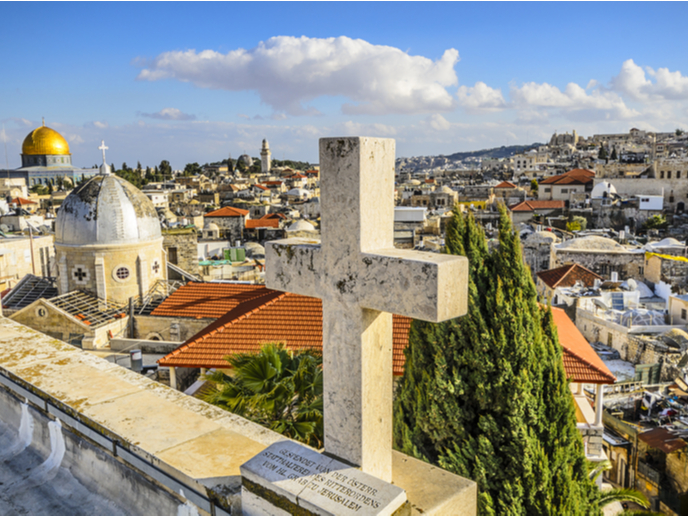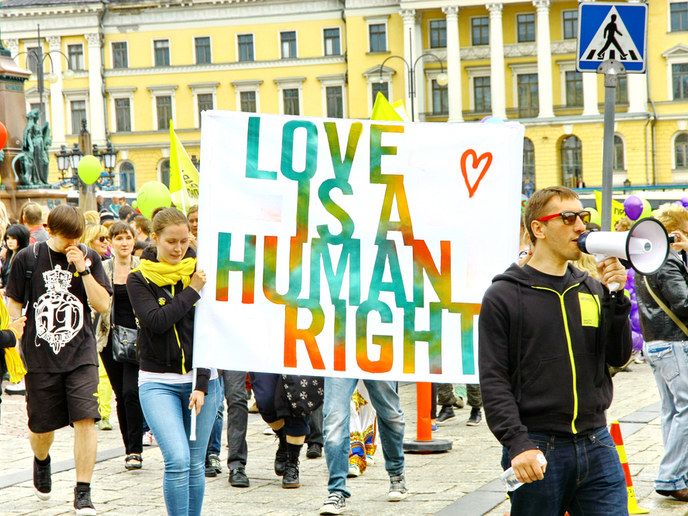Transnational spaces analysed for related policy
A hot topic in recent years, transnationalism highlights the interconnectivity between people along with the receding economic and social significance of boundaries among nations. The EU-funded TRANS-NET(opens in new window) (Transnationalisation, migration and transformation: Multi-level analysis of migrant transnationalism (TRANS-NET)) project investigated transnational networks and the political, economic and socio-cultural activities of labour migrants, posted workers, family-based migrants, humanitarian migrants and foreign degree students. Project members researched transnational spaces covering Estonia/Finland, India/United Kingdom, Morocco/France and Turkey/Germany. These four groups constituted the main units of analysis to determine how migrants’ activities across national borders emerge, function and change. Researchers examined the broader and highly aggregated structural level (macro), people’s transnational ties and networks on the intermediate level (meso), and the level of individual decision-making (micro). Theoretical-conceptual analyses and empirical case studies were carried out, with data gathered through content analysis of policy documents and semi-structured and life course interviews. Conventional migration studies have for the most part concentrated on border-crossing migration as unidirectional and one-time changes in location. TRANS-NET was innovative in that transnational processes were considered from the perspectives of sending and receiving societies. Research revealed that each transnational space and its migrant transnationalism character is the result of the interplay of various historical, political, economic and cultural factors. For example, the extensive overseas mobility between India and the United Kingdom is based on long-standing colonial connections. Further analyses revealed that, particularly in the cases of Morocco/France and India/United Kingdom, the transnational spaces are decidedly asymmetric. That is, immigration rules and integration policies in the migrant-receiving countries are increasingly skewed in favour of national interests. On the positive side, it was noted that transnational activities can be an important form of social engagement in the receiving country. Also, transnational economic networks and border-crossing mobility of labour play a vital role in the emergence of transnational spaces. Project findings have important implications for policymaking, as the nature of transnational activities are connected to wider processes of political, economic, socio-cultural and educational transformations currently taking place.







